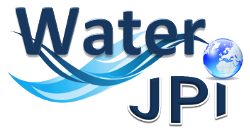Newsletter November 2020
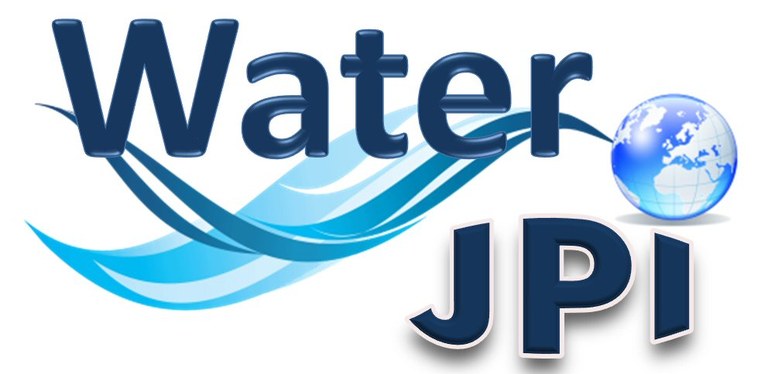
Water JPI Governing Board Meeting
The Water JPI held its 17th Governing Board meeting on 4th November 2020. The online meeting facilitated discussion on the future of the Initiative, including exchanges on the budget for next year and decision on membership status for some ...
The Water JPI held its 17th Governing Board meeting on 4th November 2020. The online meeting facilitated discussion on the future of the Initiative, including exchanges on the budget for next year and decision on membership status for some countries. The Governing Board appointed two institutions that will be invited to join the Water JPI Advisory Boards from 2021. Furthermore, the Governing Board elected the new Water JPI Coordinator, Vice-Chair and Chair (More information here).
Thanks to the active participation of Avelino Gonzalez from the European Commission - DG Research and Innovation, a detailed discussion was facilitated on (i) the state of development of European partnerships and Member States commitments to the proposal Water4All: water security for the planet and (ii) the timeline and process for the design of Water4All strategic research and innovation agenda.
The meeting was also an opportunity to update Governing Board members on ongoing activities. In particular, the Governing Board supported a joint strategy elaborated between the AMR, Oceans and Water JPIs in the frame of the AquaticPollutants ERA-NET Cofund, and a Policy Brief produced by the AQUATAP-ES group and entitled “Integration of the Ecosystem Services Approach into Policy and Practice is Key for the Sustainable Management of Aquatic Resources”.
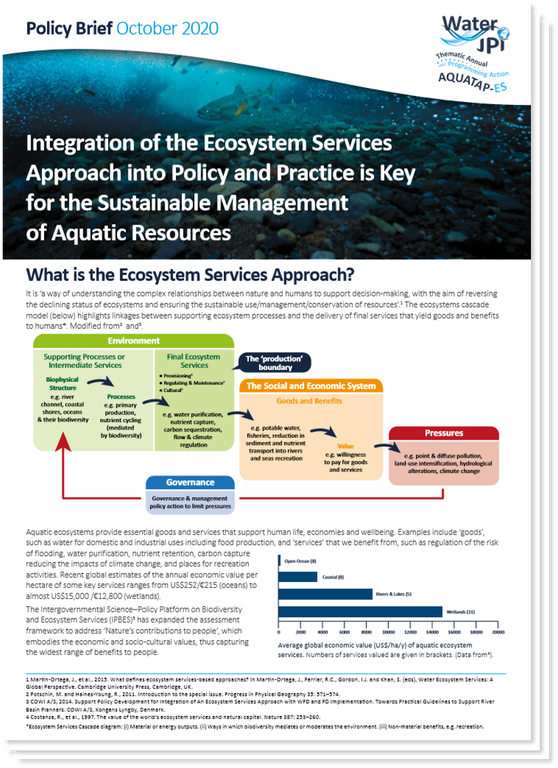
AquaTAP-ES Policy Brief
Integration of the Ecosystem Services Approach into Policy and Practice is Key for the Sustainable Management of Aquatic Resources
The U.N. has declared 2021 to 2030 ‘Decade on Ecosystem Restoration’. Never has a policy brief on Ecosystem services been so timely in its release than the one produced by the Water JPI AquaTAP-ES network: ‘’Integration of the Ecosystem Services ...
The U.N. has declared 2021 to 2030 ‘Decade on Ecosystem Restoration’. Never has a policy brief on Ecosystem services been so timely in its release than the one produced by the Water JPI AquaTAP-ES network: ‘’Integration of the Ecosystem Services Approach into Policy and Practice is Key for the Sustainable Management of Aquatic Resources’’. To download: AquaTAP-ES Policy Brief on Ecosystem Services for Policy & Practice
Aquatic ecosystems provide services that yield essential goods and benefits that people and economies depend on. However both freshwater and marine ecosystems are being degraded at alarming rates, resulting in declining biodiversity and ecosystem function, and consequently the quality of the good and benefits we derive. The goods and benefits provided by aquatic ecosystems have high economic and socio-cultural values and this needs to be communicated to people and integrated into policy. The ecosystem services approach captures the linkages between aquatic ecosystems and human well-being to support policy and practice to reverse declines. This policy brief is a step in communicating these important messages to improve the protection and management of our aquatic resources.
It is a communication tool to assist in particular policy makers in the water, biodiversity and climate arena by:
- highlighting the importance of the Ecosystem Services Approach;
- identifying the policy where the ecosystem services approach should be integrated
- presenting 6 steps on how to integrate the ecosystem services approach into the assessment and management of aquatic systems
The brief was produced following extensive national and international stakeholder consultation in early 2020.
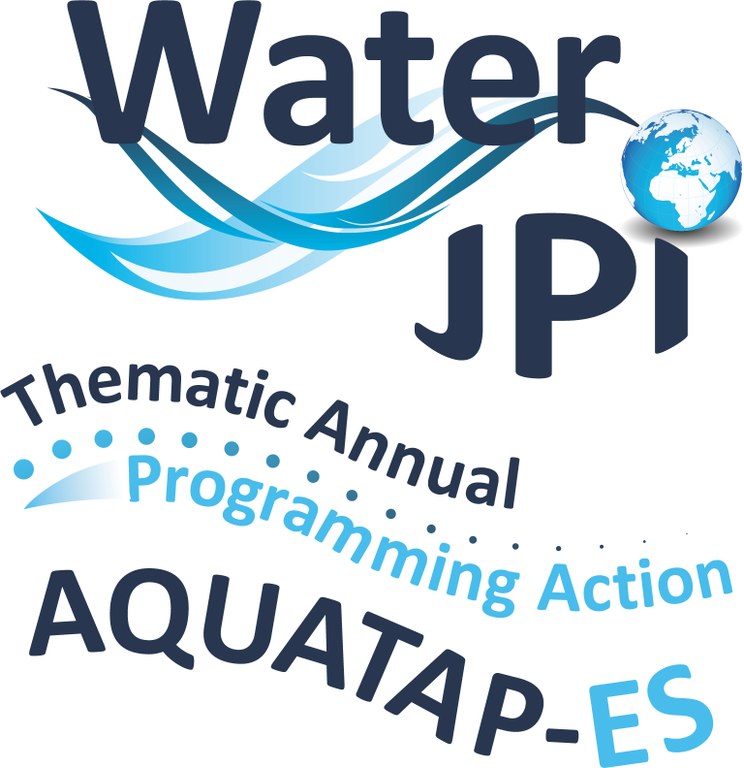
AquaTAP-ES Workshop 3
The third AquaTAP-ES workshop on ‘’Developing guidance on developing decision-support tools for Aquatic Ecosystems Services’’ took place on October 8th 2020. Thirteen members from seven countries attended the workshop, made up of the existing ...
The third AquaTAP-ES workshop on ‘’Developing guidance on developing decision-support tools for Aquatic Ecosystems Services’’ took place on October 8th 2020. Thirteen members from seven countries attended the workshop, made up of the existing AQUATAP-ES network group, members of the steering committee and the wider community of the Water JPI. The focus and workings centred on decision support systems (DSSs) and tools for Ecosystem Services, and the steps in developing a brief guidance for stakeholders. Click here for workshop presentations and proceedings: Workshop 3 AquaTAP-ES.
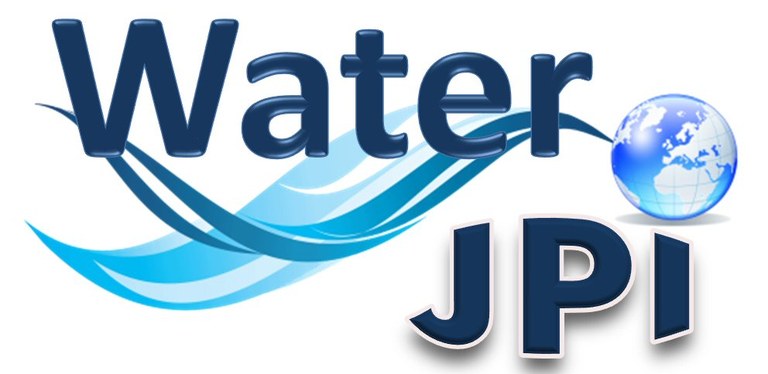
New Members of the Water JPI
We are happy to welcome the new members of the Water JPI and our Vice-Chair that has been voted to continue the good work.
New Chair - Giuseppina Monacelli Graduated in Civil Hydraulic Engineering at the University of Rome “La Sapienza” in 1981 and with a post-degree in Telecommunications and Information Technologies. Expert in EU funding initiatives, she was ...
New Chair - Giuseppina Monacelli
 Graduated in Civil Hydraulic Engineering at the University of Rome “La Sapienza” in 1981 and with a post-degree in Telecommunications and Information Technologies. Expert in EU funding initiatives, she was responsible for the partnership in projects and activities in the context of regional and research programmes. After her recent retirement from ISPRA, she still is dealing with water research activities in the context of Water JPI, PRIMA and in the national consulting boards on the EU Horizon 2020 on behalf of the Italian University and Research Ministry. She has a multi-year experience in water problems, with the application of advanced methods for operational purposes. In such position, she acted as an expert on hydrological issues and water problems in WMO for twelve years and in the Common Implementation Strategy of the Water Framework Directive for the Italian Environment Ministry from 2004 to 2015.
Graduated in Civil Hydraulic Engineering at the University of Rome “La Sapienza” in 1981 and with a post-degree in Telecommunications and Information Technologies. Expert in EU funding initiatives, she was responsible for the partnership in projects and activities in the context of regional and research programmes. After her recent retirement from ISPRA, she still is dealing with water research activities in the context of Water JPI, PRIMA and in the national consulting boards on the EU Horizon 2020 on behalf of the Italian University and Research Ministry. She has a multi-year experience in water problems, with the application of advanced methods for operational purposes. In such position, she acted as an expert on hydrological issues and water problems in WMO for twelve years and in the Common Implementation Strategy of the Water Framework Directive for the Italian Environment Ministry from 2004 to 2015.
Continuing Water JPI's ongoing activities, consolidating knowledge and expanding partnerships at EU and global level to meet the many SDGs where water plays an important role, with a special focus on SDG 6, and to manage transition from H2020 to HE will be the main objectives of this mandate. The contribution of research is essential for an adequate implementation of European water policy facing the criticalities still existing at the continental level and the global challenges affecting water resources.
Vice-Chair - Miguel Angel Gilarranz
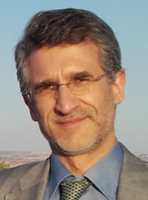 Miguel A. Gilarranz is Professor of Chemical Engineering at University Autónoma de Madrid. His research interests in the field of water include catalytic processes for water treatment and valorization of pollutants.
Miguel A. Gilarranz is Professor of Chemical Engineering at University Autónoma de Madrid. His research interests in the field of water include catalytic processes for water treatment and valorization of pollutants.
He has been scientific and technical collaborator of the Spanish State Research Agency (AEI) since 2006 for the National Funding Schemes for Chemical and Environmental Technology, and since 2011 for the Water JPI. He was part of the team launching and coordinating the Water JPI and WatEur CSA and WaterWorks2014 ERANET-cofund. He has also participated in WaterWorks2015, IC4Water, WaterWorks2017, Aquatic Pollutants and BiodivRestore projects.
From November 2018 to November 2020 served as Vice Chair of the Water JPI. He was renewed as Vicechair for two more years, aware of the challenges for this new term: “The Water JPI faces a new period with the upcoming Horizon Europe Programme. We will endeavour to contribute to the Missions and Partnerships, having in mind that water challenges are global and need a coordinated and inclusive response.”
New coordinator – Véronique Briquet-Laugier
Véronique Briquet-Laugier was educated in both France and the USA and has a multi-cultural life and work experiences. With a PhD in Biophysics, she worked for 17 years to elucidate cardiovascular diseases and rare haemorrhagic disorders. She has also been a consultant for technology transfer in the field of biotechnologies.
Véronique was at the creation of the French funding agency (ANR) where she developed a portfolio of national, European and international programs for the Health Department.
As a French diplomat, she spent four years in India (2010-2014) as the Science & Technology Counsellor of the French Ambassador in New Delhi, where she launched the Indo-French Water Network, a first experience in the field of Water management and policy. Recently, she also spent two years as a diplomat in South Africa as the Cultural, Science & Innovation Counsellor of the French Ambassador in Pretoria.
Expert for the French government (Nanomedicine & Forensics) Véronique still sits on evaluation panels for the European Commission in Brussels. She has been honoured with the rank of Chevalier-Knight of Ordre National du Mérite by the French Government in 2014.
Véronique joined the Water JPI in October 2020 as the successor of Dominique Darmendrail. On the 4th of November the GB elected her as the Coordinator of the Water JPI for the next 3 years.
Welcome!
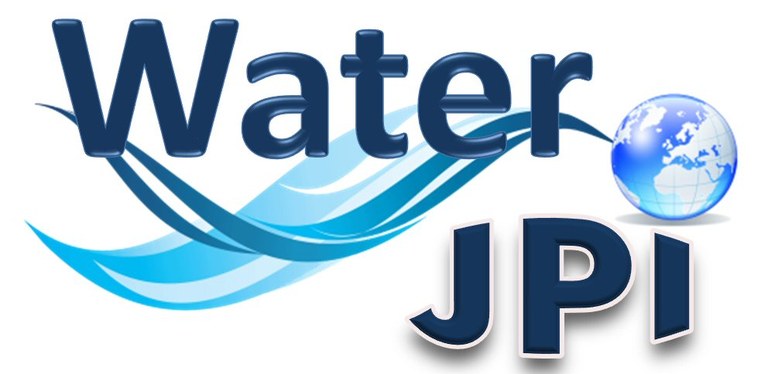
Water JPI response to the EU Action Plan Zero Pollution consultation
The Task Force on the Interactions with Horizon 2020/Horizon EU has welcomed the Commission’s roadmap proposal «Towards a Zero Pollution Ambition for air, water and soil» as it complements very well the Water JPI Strategic Research and Innovation ...
The Task Force on the Interactions with Horizon 2020/Horizon EU has welcomed the Commission’s roadmap proposal «Towards a Zero Pollution Ambition for air, water and soil» as it complements very well the Water JPI Strategic Research and Innovation Agenda.
The Task Force has highlighted that the Water JPI strongly supports the ambition of the Commission to better prevent, remedy, monitor and report on pollution, and mainstream the zero pollution ambition into all policy developments. Moreover, the Water JPI is willing to coordinate with the Commission considering the accumulated knowledge thanks to both the expertise and the outputs from relevant activities and funded projects.
The Water JPI community agrees with the 4 pillar-based Action Plan as it combines enforcement, governance, technological development and social innovation measures. Within the Consultation the Task Force stressed that these measures should be strengthened by collaborative research and innovation actions in a number of areas for supporting actions on several issues such as, among the others, the development of methodologies and strategies to prevent, remediate and reduce pollutants at point and non-point sources; the development and roll-out of innovative cost-effective wastewater technologies to enhance the removal of pollutants in wastewater; and the development of tools for pollution detection, monitoring, prevention, removal and risk prediction.
You can download the Full Water JPI position paper here.
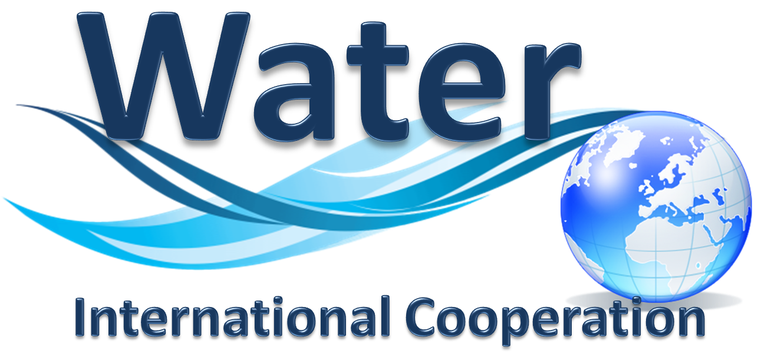
Workshop on International Cooperation in the Danube Region
Within the frame of the IC4WATER Project, the Water JPI held on 5th November 2020 an online workshop on international cooperation in the Danube region.
The objective of this workshop was to strengthen cooperation with the Danube Region as a way to ...
Within the frame of the IC4WATER Project, the Water JPI held on 5th November 2020 an online workshop on international cooperation in the Danube region.
The objective of this workshop was to strengthen cooperation with the Danube Region as a way to respond more effectively to existing and emerging water challenges in the area. By exchanging with international initiatives and governmental institutions of the Danube region interested in RDI joint activities, the workshop aimed at developing the Water JPI international network in this region, collecting views from regional initiatives and countries, exchanging on priority areas and synergies with the Water JPI, proposing models for further cooperation and possible types of actions.
The workshop, introduced by the European Commission DG Regio, was attended by 28 participants representing international initiatives (Danube Strategy Point, International Commission for Protection of the Danube River, Black Sea Commission, DANUBIUS Research Infrastructure, Danube transnational Programme, Danube INCO Net), Water JPI partners, and scientists working on the Danube River.
The participants identified
- thematic synergies with the Water JPI research agenda (e.g. micropollutants, nature-based solutions, climate change effects on the hydrological cycle, water quality and water quantity)
- additional needs (e.g. harmonization of data collection and irrigation, water scarcity).
- activities of common interest (e.g. participation of young researchers, mobility actions, capacity building, peers-learning)
Download the Workshop Programme
Download the Workshop Master Presentation
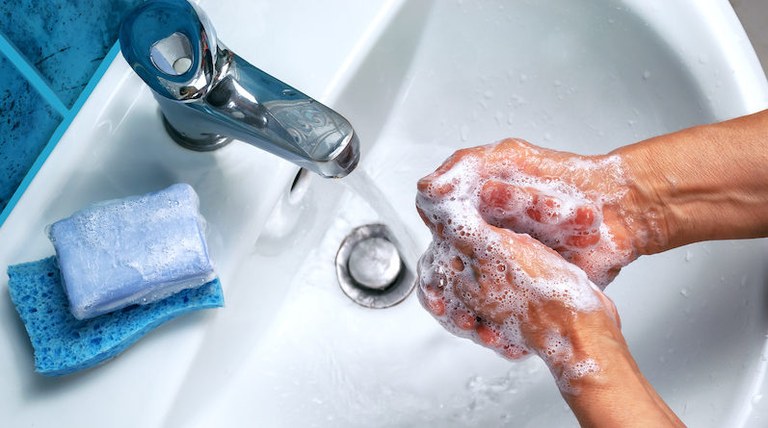
Joint Statement for the Promotion of Access to Sanitation for All in Europe
The Coalition on Access to Sanitation has published a Joint Statement for the Promotion of Access to Sanitation for All in Europe on October 23 supported by 26 organisations.
Universal access to decent and safe sanitation (services) is a ...
The Coalition on Access to Sanitation has published a Joint Statement for the Promotion of Access to Sanitation for All in Europe on October 23 supported by 26 organisations.
Universal access to decent and safe sanitation (services) is a fundamental need and a human right. Securing access for all contributes considerably to reducing illness, death and social inequalities. Easy access to adequate and safe sanitation, whether at home, school, work, in healthcare facilities, and in public spaces, is essential to human health and well-being and should be a prerequisite for a decent, healthy, and safe life in the 21st century.
The Covid-19 pandemic has highlighted how the provision of safe water, sanitation, and hygienic conditions are essential to protecting human health against infectious disease outbreaks.
The United Nations officially acknowledged the Human Right to Water and Sanitation through the adoption of its Resolution 64/292 in 2010, and subsequently on 17 December 2015 the Right to Sanitation as a standalone right (UNGA Resolution 70/169). In addition, the UN has set Sustainable Development Goal 6 with the aim to secure access to clean water and sanitation for all by 2030.
The Right to Sanitation, which is derived from the right to an adequate standard of living, entitles everyone to sanitation services that provide privacy and ensure dignity, and that are physically accessible, affordable, safe, hygienic, secure, and socially and culturally acceptable.
Yet, 10 million people still lack access to safe sanitation services in the EU. The European Green Deal, which aims at leaving no one behind, is an opportunity to ensure equal access to sanitation for all.
The Coalition on Access to Sanitation believess the EU should better address access to sanitation and enshrine this human right in EU law, thus leading by example. This is the reason why the coalition calls on the European Commission to seize the opportunity of the revision of the Urban Waste Water Treatment Directive adopted in 1991, to introduce legal provisions ensuring the best possible access to sanitation services for all across the continent in line with human rights provisions.
The new Drinking Water Directive has rightly introduced an article promoting access to water, especially to the most vulnerable people, requiring Member States to identify populations lacking access to drinking water and find remedies. This move should also be reflected in the new Urban Waste Water Directive.
Together, the Coalition on Access to Sanitation partners from a wide range of backgrounds, urges the European Commission to take action.
Water is life; Sanitation is dignity.
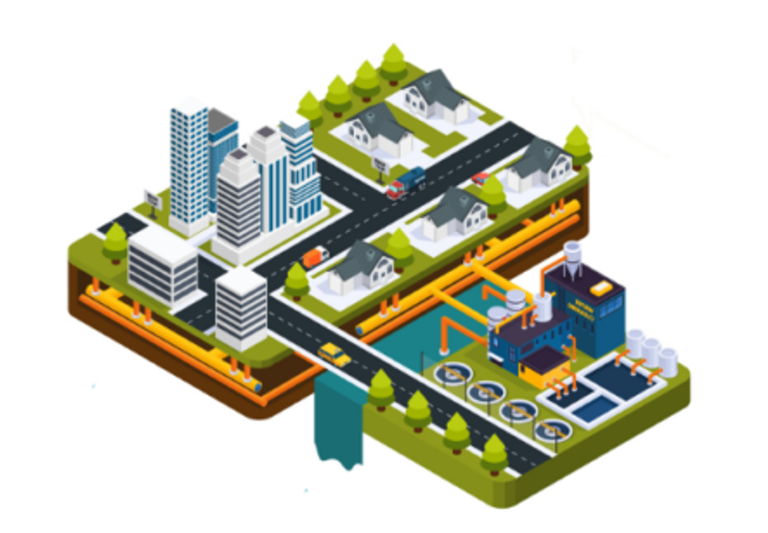
Water Europe new Position Paper
'For a Green, Circular & Smart Urban Wastewater Treatment Directive'
Water Europe launched a position paper “For a Green, Circular & Smart Urban Wastewater Treatment Directive”. Water Europe welcomed the conclusion of the European Commission to update the Urban Waste Water Treatment Directive (UWWTD) in line with the ...
Water Europe launched a position paper “For a Green, Circular & Smart Urban Wastewater Treatment Directive”. Water Europe welcomed the conclusion of the European Commission to update the Urban Waste Water Treatment Directive (UWWTD) in line with the Green Deal and the digitalisation of Europe and makes available a list of recommendations that can pave the way to achieving a Water-Smart Society.
Here are the five key recommendations :
- A holistic management of wastewater treatment plants must be considered for water and energy savings, particularly through the exploitation of the Value in Water.
- Specific measures are needed to address contaminants of emerging concern and antimicrobial resistance.
- Digitisation needs to be encouraged to a much higher extent.
- A better legal framework should be incorporated for better storm and small agglomeration water management.
- A water-friendly legislation needs to be built by and for European citizens.
To read more click here.
To download the Full Paper click here.
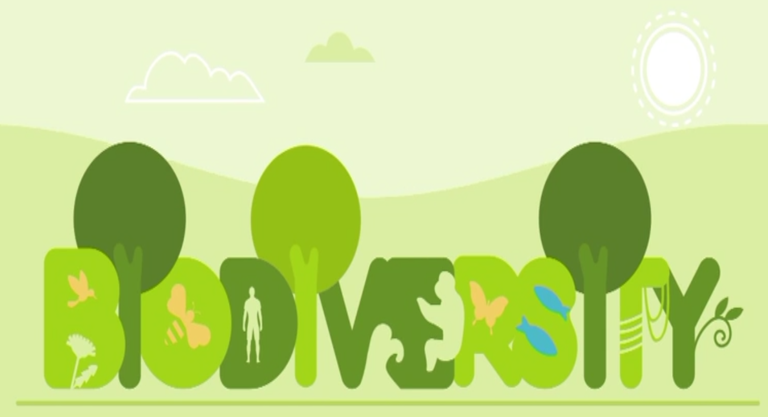
Commission launches knowledge centre to reverse biodiversity
In October the European Commission has launched during the Green week a new Knowledge Centre for Biodiversity: a one-stop shop for science-based evidence to protect the natural ecosystems that provide us with food, medicines, materials, recreation, ...
In October the European Commission has launched during the Green week a new Knowledge Centre for Biodiversity: a one-stop shop for science-based evidence to protect the natural ecosystems that provide us with food, medicines, materials, recreation, and wellbeing.
The Knowledge Centre will make the latest knowledge about biodiversity available to strengthen the impact of EU policies.
It will also help to monitor the implementation of the EU Biodiversity Strategy for 2030, which aims to put Europe’s biodiversity on a path to recovery by the end of the decade.
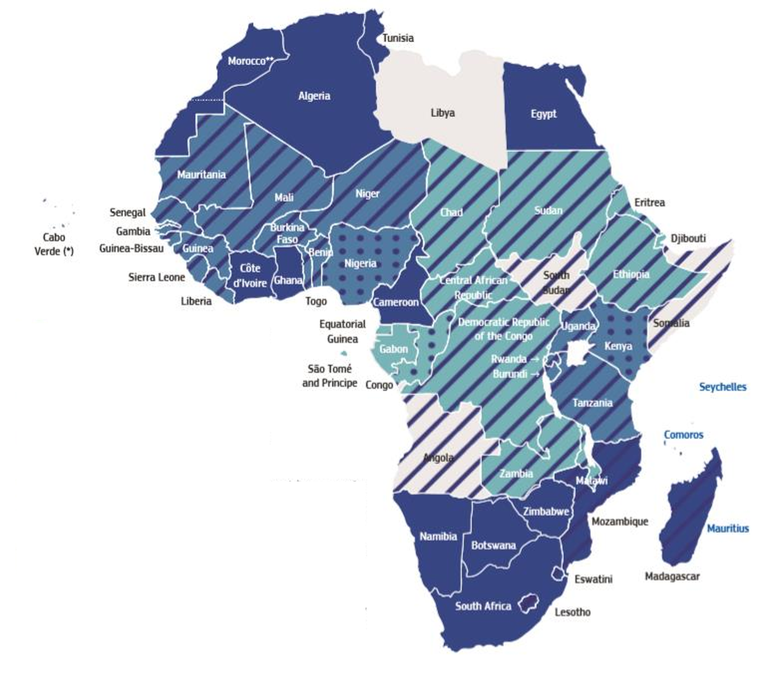
Water innovation for Africa
In March 2020, the European Commission and the High Representative for Foreign Affairs and Security Policy proposed the basis for a new strategy with Africa. The Joint Communication sets out proposals to intensify cooperation through partnerships in ...
In March 2020, the European Commission and the High Representative for Foreign Affairs and Security Policy proposed the basis for a new strategy with Africa. The Joint Communication sets out proposals to intensify cooperation through partnerships in five key areas, one of which is the green transition. Europe will engage in discussions with African partners towards the development of a new joint strategy to be endorsed at the European Union–African Union Summit in October 2020.
The CORDIS Results Pack showcases some of the cutting-edge projects in research and innovation that address water-related challenges in Africa, with a view to feedback on this and other, related joint European/African initiatives.
In general, in low-income countries, and in some countries in Africa in particular, sustainable water supply and sanitation which are vital for food security, health, survival, societal well-being and economic growth are not a given. Without water, there is no life. However, according to the World Health Organization (WHO), water scarcity affects one in three people in Africa. This situation is further aggravated by population growth, challenges to economic development, urbanisation, demographic shifts and climate change.
On top of this, contaminated water and poor sanitary conditions result in vulnerability to waterborne diseases such as diarrhoea, cholera and typhoid. This can carry grave human and economic costs and may potentially affect peace and security in the African region.
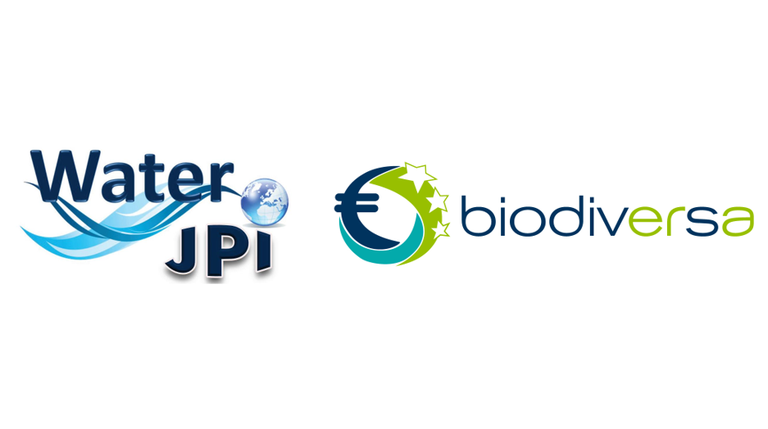
LAST WEEKS TO APPLY TO THE BIODIVRESTORE JOINT CALL!
Deadline for pre-proposals: 7TH of December 2020.
The Water JPI and BiodivERsA initiatives joined forces to launch a call on “Conservation and restoration of degraded ecosystems and their biodiversity, including a focus on aquatic systems” covering the following three non-exclusive themes:
- ...
The Water JPI and BiodivERsA initiatives joined forces to launch a call on “Conservation and restoration of degraded ecosystems and their biodiversity, including a focus on aquatic systems” covering the following three non-exclusive themes:
- Studying the biological and biophysical processes at stake for conservation/restoration, and their interactions
- Assessing trade-offs and synergies between targets, benefits and policies for conservation and restoration
- Knowledge for improving the effectiveness and upscaling of conservation and restoration actions
The joint call includes a focus on freshwater aquatic systems but all environments (i.e. terrestrial, freshwater and marine) are eligible.
Deadline for pre-proposals: 7TH of December 2020.
South Africa and Switzerland confirmed their participation for a total of 31 funding organisations from 27 countries are joining this call and have reserved – together with the European Commission – a total amount of over 24 Million Euro. Consult the final Call document and Funding Organisation rules on the Water JPI and BiodivERsA websites.
On 27th October 2020 an information Webinar was organised by the call secretariat. More than 320 attendees were able to clarify their concerns and practical questions about the call. To consult the presentation and replay the webinar, links can be found here.
For more information click here.
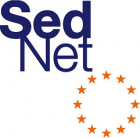
12th International SedNet Conference
The SedNet 2021 conference “Sediment Challenges and Opportunities due to Climate Change and Sustainable Development” will take place in ONLINE from 29 June – 3 July 2021.
The SedNet 2021 conference “Sediment Challenges and Opportunities due to Climate Change and Sustainable Development” will take place in Lille, France, from 29 June – 3 July 2021.
Deadline for Abstract submission : 1st December 2020
Sediments ...
The SedNet 2021 conference “Sediment Challenges and Opportunities due to Climate Change and Sustainable Development” will take place in Lille, France, from 29 June – 3 July 2021.
Deadline for Abstract submission : 1st December 2020
Sediments found in upland streams, industrialised waterways, busy coastal zones and offshore waters are characterized by a wide variety of sediment properties in dynamic and less dynamic areas. These areas are inherently interlinked as sediment is transported from catchment to the open sea. The natural flow of sediment from mountainous regions to the ocean is strongly impacted by anthropogenic activities along this journey in terms of both the quantity that is transported and the quality of transporting waters. Sediment distribution is not only impacted by direct human influence but also indirectly as a result of changing weather and climate patterns. A change in sediment dynamics leading to sediment starvation or sediment accumulation is often the concern of river basin and coastal managers who constantly need to adapt to these environmental variations. Often overlooked, there may be direct and indirect effects of climate change on sediment quality, too. More frequent flash floods may erode deeper and older, more contaminated sediment layers and spread it onto flood plains. Increased UV radiation may change degradation of contaminants. Increased water temperatures will have an effect of contaminant transfer in the food chain. Little information is currently available to predict whether sediment managers will have to cope with greater or different quality problems in future due to the climatic changes.
Abstracts are welcome for a series of sessions aiming to explore these challenges and proposed solutions. This includes how policies and plans are developed for the range of often interlinked issues experienced along the journey from upland areas to the deeper waters. Questions related to how sediment quality should be assessed, sediment as an ecosystem service and how excess sediment can be used beneficially shall be addressed. The challenges posed as a result of anthropogenic influences, resource exploitation and climate change shall also be explored as well as examination of emerging contaminants from waste and waste water.
More information on the conference website.
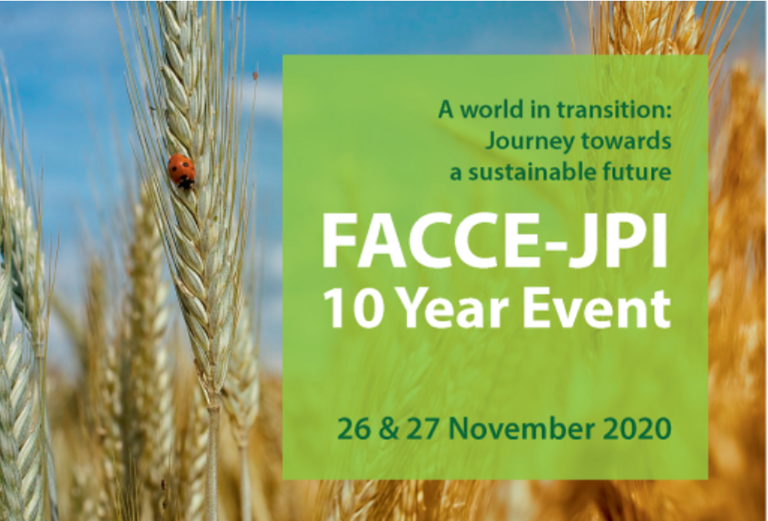
FACCE-JPI 10 Year Event “A world in transition: Journey towards a sustainable future”
The Joint Programming Initiative on Agriculture, Food Security and Climate Change (FACCE-JPI) celebrates its ten year anniversary by engaging in a high-level science-policy discussion. The event will bring together policy makers, stakeholders and ...
The Joint Programming Initiative on Agriculture, Food Security and Climate Change (FACCE-JPI) celebrates its ten year anniversary by engaging in a high-level science-policy discussion. The event will bring together policy makers, stakeholders and researchers to discuss on the urgency to change the way we produce food, on setting priorities in science and on knowledge-based policy making.
Two days and three sessions for a sustainable world
The first session on 26 November consists of a EURACTIV Virtual Conference sponsored by FACCE-JPI. The discussion will revolve around the way to change the European food system taking into account elements such as European resources, resilience, production, consumption, consumer choices and geographical balance.
The second and third session will be on 27 November and are organised by FACCE-JPI. The second session focuses on the science and impact resulting from the research done under the auspices of FACCE-JPI and travels into the future with the presentation of the new FACCE-JPI Strategic Research Agenda, made public in conjunction with the event. The third session concentrates on the path from science to policy and the need for a reinforced European Research Area (ERA) to support knowledge-based decision-making.
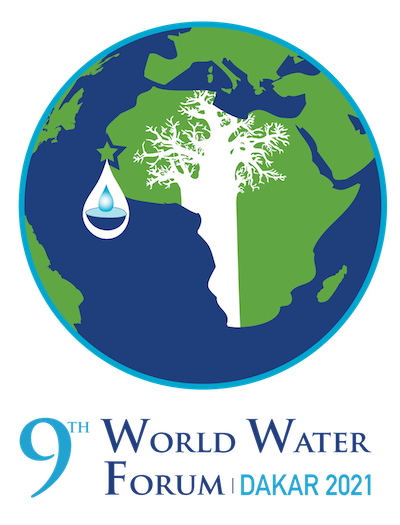
9th World Water Forum
Senegal and the World Water Council have decided to postpone the 9th World Water Forum scheduled in Dakar, from 2021 to March 21-26, 2022.
The postponement was decided in light of the evolution of the global Covid-19 pandemic, which has slowed ...
Senegal and the World Water Council have decided to postpone the 9th World Water Forum scheduled in Dakar, from 2021 to March 21-26, 2022.
The postponement was decided in light of the evolution of the global Covid-19 pandemic, which has slowed down the Forum preparatory process and strained organizations into rescheduling introductory events, and in order to guarantee the best sanitary conditions for stakeholders.
As a reminder, this next Forum, placed under the theme "Water Security for Peace and Development", will be the first to be held in sub-Saharan Africa. It will provide a platform for professionals and decision-makers to respond to the priority of accelerating and expanding access to water and sanitation for all. In an era marked by Covid-19, the Forum will also help build a resilient world where water is a central element that serves the basic needs of humankind and the planet.
This exceptional mobilization will be punctuated in 2021 by numerous preparatory events on all continents to position water at the center of political decisions.
Senegal and the World Water Council are entirely committed, together with their partners, to ensure the Forum of Dakar - including its Heads of State summit - is held and responds to political priorities for the preservation and management of this major, yet threatened, resource.
To read more about the 9th World Water Forum click here.
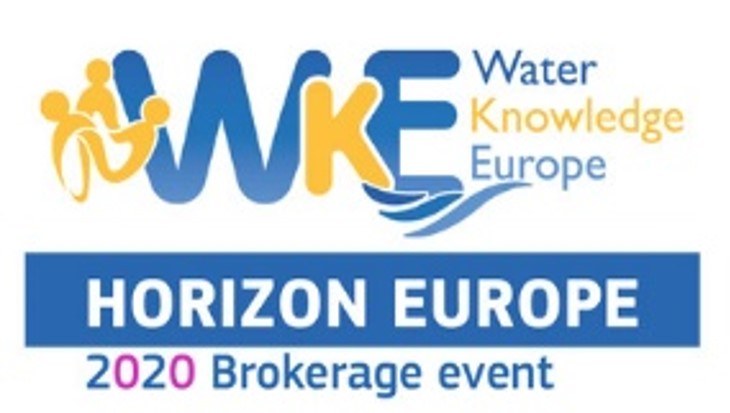
WKE Horizon Europe Brokerage event 2020
Water Europe invites you to join the 2020 Water Knowledge Europe Brokerage event on the new Horizon Europe Programme. The online event will introduce the Horizon Europe water-related Clusters and destinations, present insights and expectations from ...
Water Europe invites you to join the 2020 Water Knowledge Europe Brokerage event on the new Horizon Europe Programme. The online event will introduce the Horizon Europe water-related Clusters and destinations, present insights and expectations from the European Commission, while offering a unique international networking experience to forge the winning partnerships of the future.
You have 3 weeks left to register!
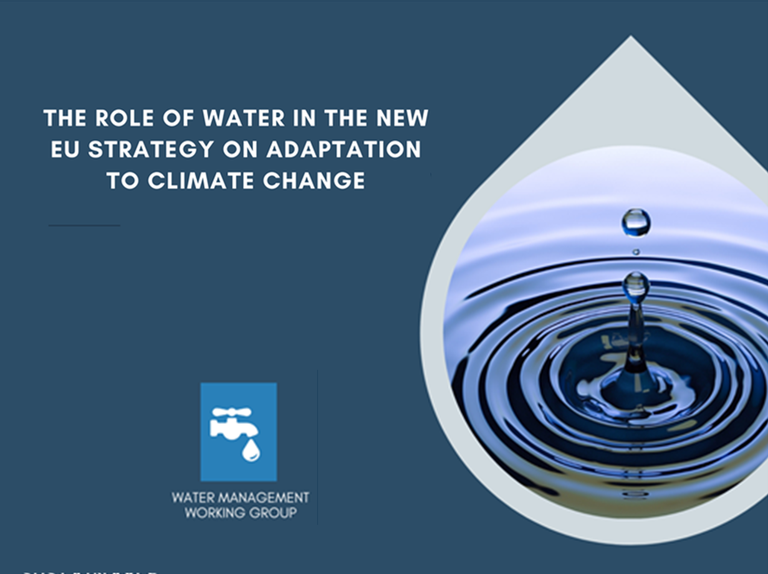
The role of water in the new EU Strategy on Adaptation to Climate Change
Hosted by MEP Tiemo Wölken Co-chair of the "Water Management’" Working Group of the European Parliament Intergroup on "Climate Change, Biodiversity and Sustainable Development"
Since 2013, the EU Strategy on Adaptation to Climate Change has been a ...
Hosted by MEP Tiemo Wölken Co-chair of the "Water Management’" Working Group of the European Parliament Intergroup on "Climate Change, Biodiversity and Sustainable Development"
Since 2013, the EU Strategy on Adaptation to Climate Change has been a significant reference for adaptation in the European Union. Given however the climate emergency and its impacts on people, planet and prosperity, the European Commission has decided to put forward a new – more ambitious – EU Strategy on Adaptation to Climate Change in Q1 2021, in the context of its European Green Deal.
While climate extremes are having far-reaching effects, water shortages both in the EU and globally result in direct impacts in a plethora of sectors and activities. Underlining the essentiality of water services in ensuring availability, as well as sustainable management of water and sanitation for all, this webinar aims at addressing water in the new EU adaptation strategy as well as the growing impact of climate change on water, providing MEPs the opportunity to share their views with institutional actors, water sector professionals, industry representatives and NGOs.
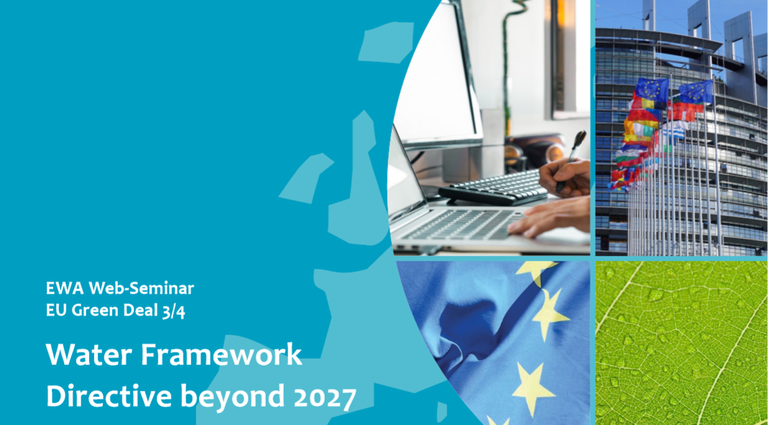
EWA Web-Seminar EU Green Deal: Water Framework Directive beyond 2027
The European Water Association launches its 15th EWA Brussels Conference as a series of 4 online seminars under the theme of ‘The European Green Deal and Blue Challenges’.
This web-seminar is the third.
Presenters:
- Bettina Doeser, Head of ...
The European Water Association launches its 15th EWA Brussels Conference as a series of 4 online seminars under the theme of ‘The European Green Deal and Blue Challenges’.
This web-seminar is the third.
Presenters:
- Bettina Doeser, Head of Unit ‘Clean Water’ at the Directorate-General for Environment, Brussels, BE: ‘Recent Developments in EU Water Policy’
- Thomas van Gilst, Head of Division, European Investment Bank (EIB), NL: ‘Financing of the Measurements’
- Professor Julio Berbel, Water, Environmental and Agricultural Economics University of Cordoba, ES: ‘A Practical approach to the Water Framework Directive beyond 2027’
Moderators:
- Bjørn Kaare Jensen, President of the European Water Association
- Maj Britt Rosenmeyer Olsen, Associate Director of the European Water Association
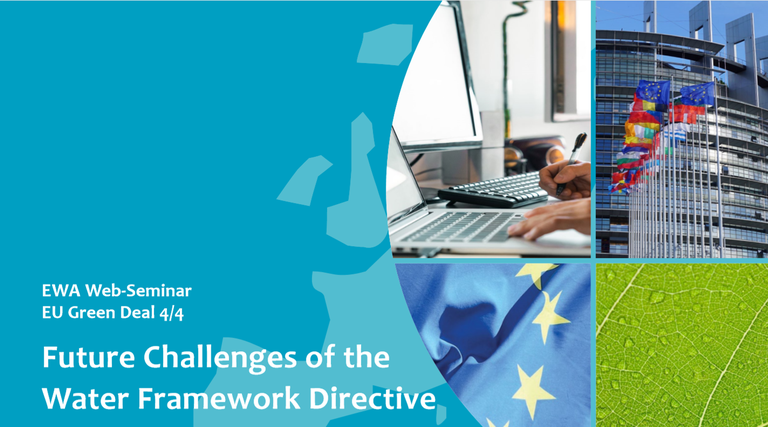
EWA Web-Seminar EU Green Deal: Future Challenges of the Water Framework Directive
The European Water Association launches its 15th EWA Brussels Conference as a series of 4 online seminars under the theme of ‘The European Green Deal and Blue Challenges’.
This web-seminar is the fourth.
Presenters:
- Kala Vairavamoorthy, ...
The European Water Association launches its 15th EWA Brussels Conference as a series of 4 online seminars under the theme of ‘The European Green Deal and Blue Challenges’.
This web-seminar is the fourth.
Presenters:
- Kala Vairavamoorthy, Executive Director of the International Water Association, UK: ‘Challenges influencing Europe’
- Marlene Liebeskind, Wupperverband, DE: ‘The Technological Challenges to Fulfil the WFD’
- Sabine Schellens, Manager HR & Organisational Development at Aquafin, BE: ‘The Human Challenges to fulfil the WFD’
- Closing remarks by Bjørn Kaare Jensen, President of the European Water Association
Moderators:
- Raymond Erpelding, Vice President and President Elect of the European Water Association
- Maj Britt Rosenmeyer Olsen, Associate Director of the European Water Association
